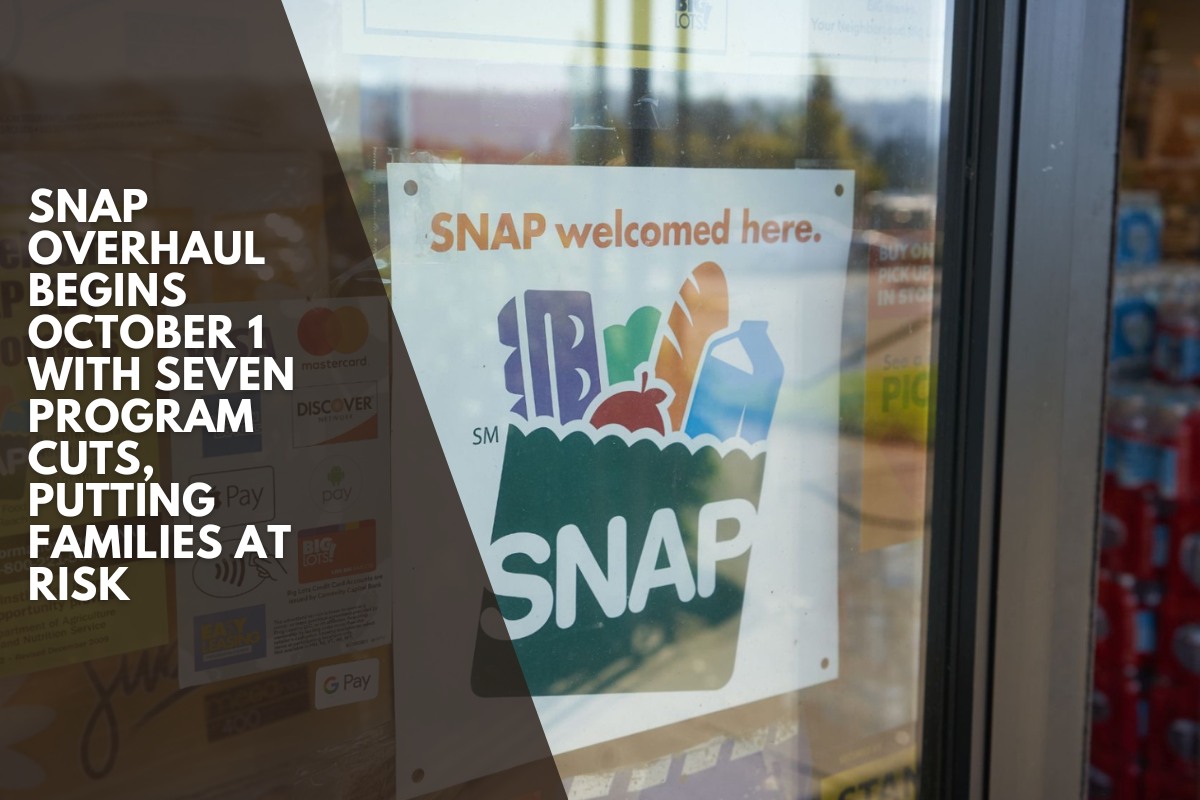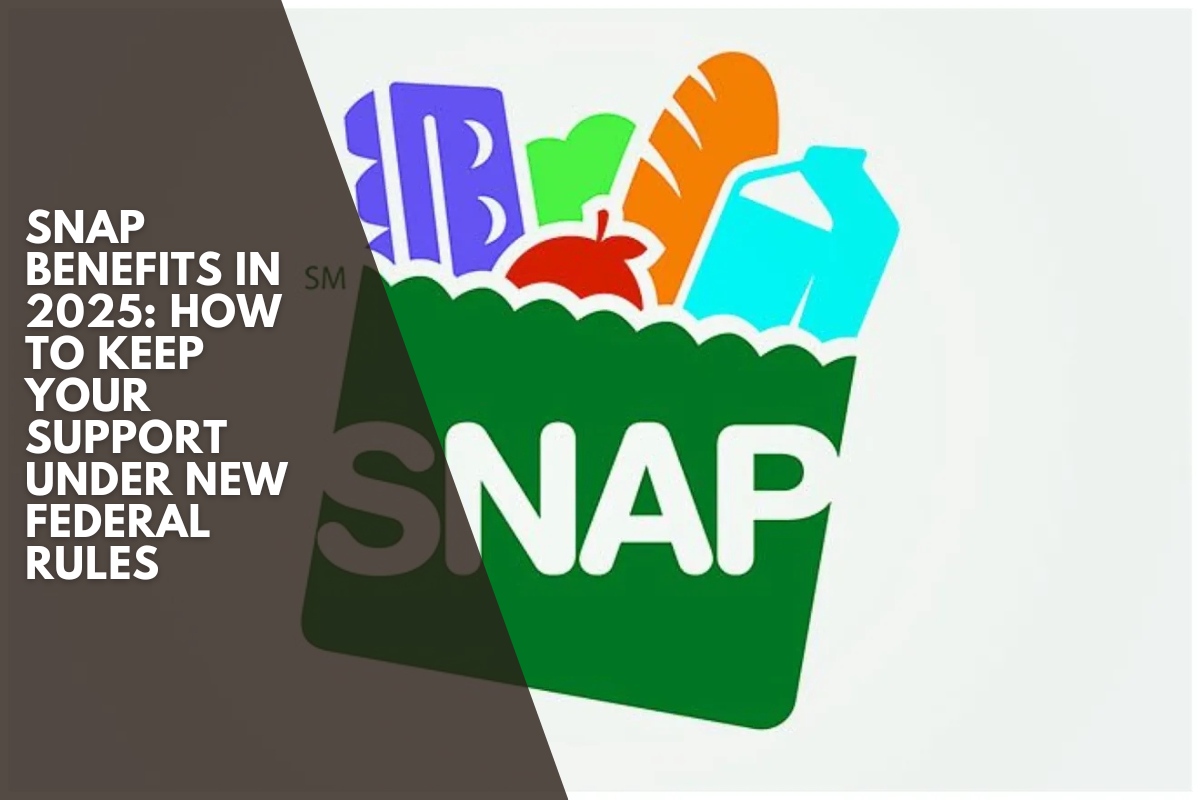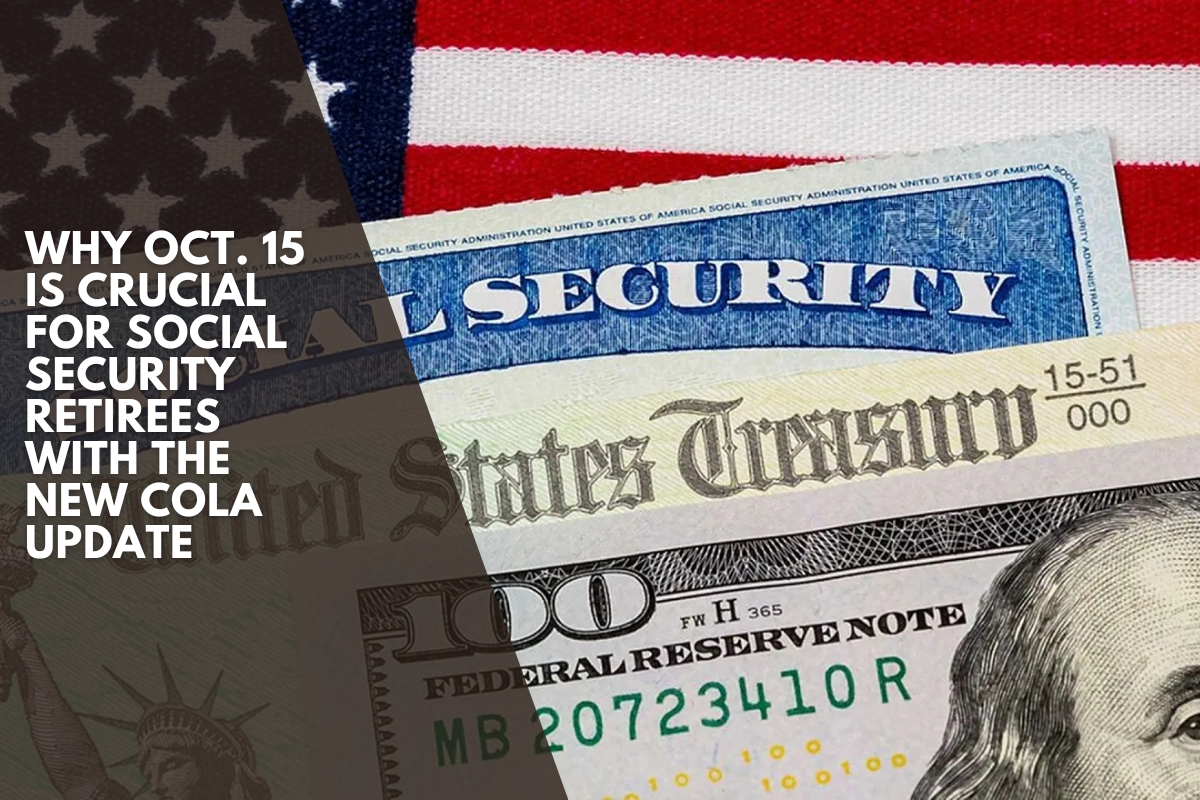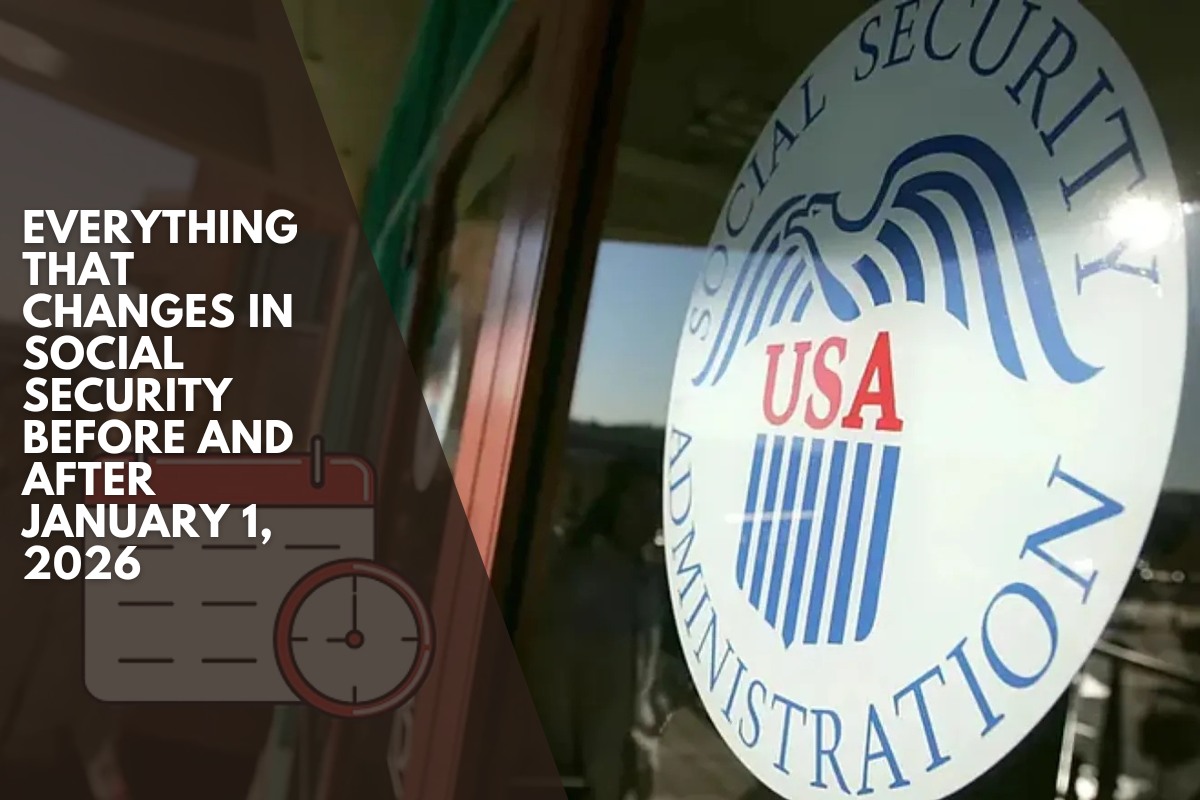Tens of millions of Americans rely on Social Security, particularly retirees and people with disabilities, for monthly payments to cover necessities like rent, food, and medicine.
While many recipients believe their funds are completely safe, this is not always the case. In 2025, certain federal debts may result in garnishments that reduce monthly benefits, leaving vulnerable recipients with less to live on.
Unpaid federal taxes and defaulted student loans are among the most common reasons why Social Security payments can be legally reduced.
Court-ordered obligations such as child support or restitution can result in even higher withholdings. While most private creditors are not allowed to touch Social Security, there are some exceptions that Americans should be aware of in order to avoid financial surprises.
How federal debts can take a bite out of your Social Security
If you owe money to the IRS, the agency can use the Federal Payment Levy Program to deduct up to 15% of your monthly benefits. There is no floor or minimum amount protected, so even small checks may be affected.
Student loan defaults are becoming a growing concern among older Americans. As more retirees carry education debt into their later years, the Treasury Offset Program may claim a portion of their benefits if the loans remain unpaid and are not resolved through a repayment or rehabilitation program.
Garnishments for student loans can reach 15% and apply regardless of whether your monthly check is less than $750.
These reductions are not automatic. The government typically issues warnings and opportunities to correct the situation, but if ignored, garnishment becomes a real possibility.
Court-mandated obligations present even greater risks. In cases involving unpaid child support, alimony, or criminal restitution, the government may take up to 65 percent of a person’s Social Security benefits.
This can be financially disastrous for those who have multiple outstanding debts.
Not all debts are treated the same
Private debts, such as credit cards, personal loans, or unpaid medical bills, are typically not subject to Social Security garnishment.
The Social Security Act provides strong protection against these types of collection efforts. Furthermore, banks are required to hold at least two months’ worth of directly deposited benefit payments, which protects a portion of your account balance from seizure.
However, protections may be lost if Social Security deposits are combined with other income in the same account, or if checks are mailed rather than deposited directly. This can make funds more vulnerable to collection attempts, including from private lenders.
For those in debt, there are options to help prevent or end garnishment. Debt settlement, management plans, and even bankruptcy can help you regain financial control.
Federal income from Social Security is generally exempt from means testing in Chapter 7, making this a viable option for some.
In today’s economy, where high living costs and lingering debts put a strain on households of all ages, staying informed and proactive is critical.
Filing taxes correctly and on time, keeping up with loan payments, and resolving legal obligations early can mean the difference between receiving your full benefit and having it reduced.
Social Security may be a safety net, but it is not exempt from collection. Understanding the rules and acting before problems worsen can protect your financial future.












